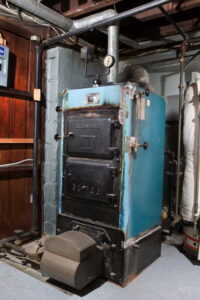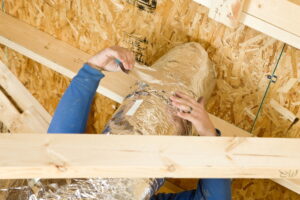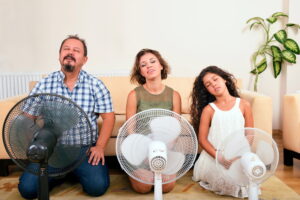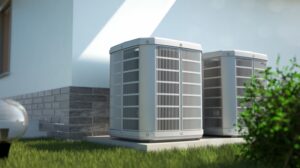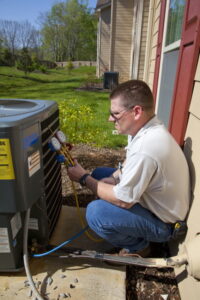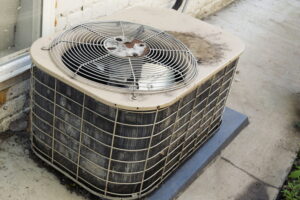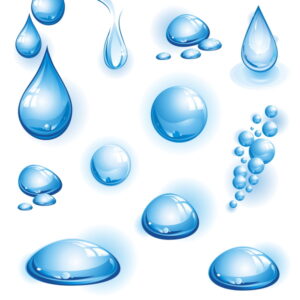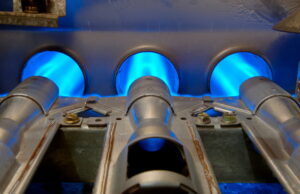
The HVAC system in your home is designed to turn on the heating system when the thermostat registers that the household needs warmth. The thermostat signals the heater to start its heating cycle, and then it runs until the thermostat detects the home’s temperature has reached its target setting. The thermostat then has the heater cycle down until it’s needed again.
As the winter temperatures continue to fall, you’ll notice your heating system will run in longer cycles. This is normal: your house will lose more heat to the outside, requiring the heater to run for longer to reach your desired temperature. (We recommend a setting of 68°F, which not only makes the heater run less often but also slows down heat loss to the outdoors.)
But you may be experiencing something … different. A heater that seems to run in shorter and shorter cycles, shutting off early before it can heat up the house enough, then turning back on a short time later and repeating the process. Why is your heater doing this? And what can you do about it?


